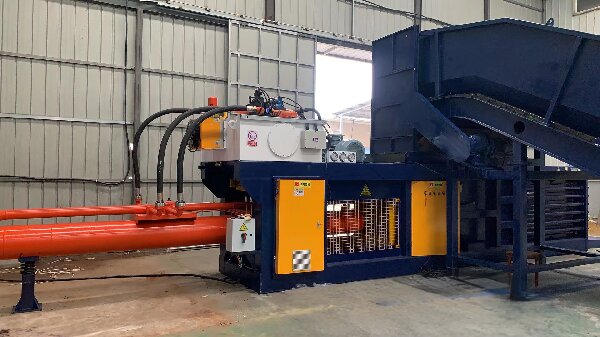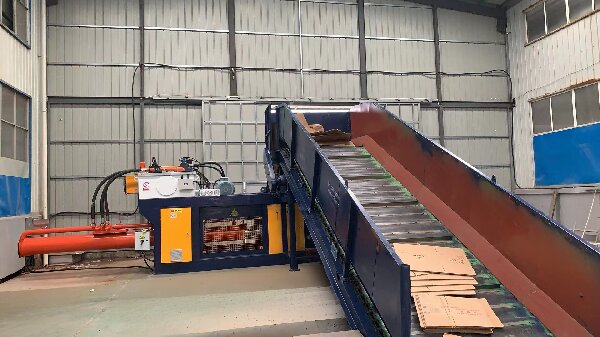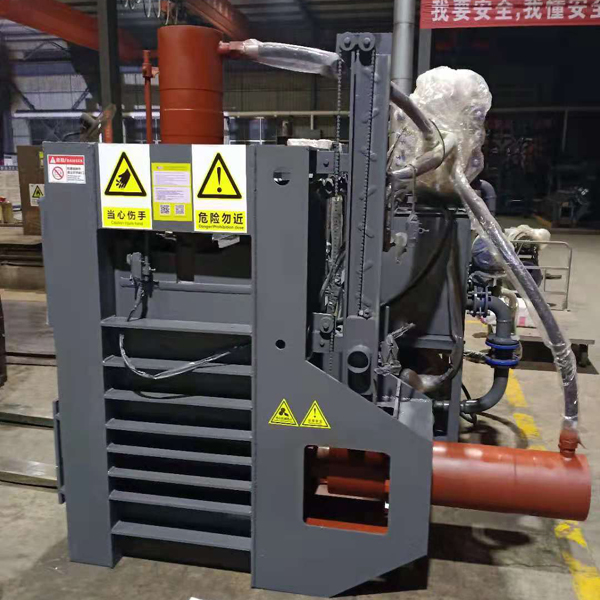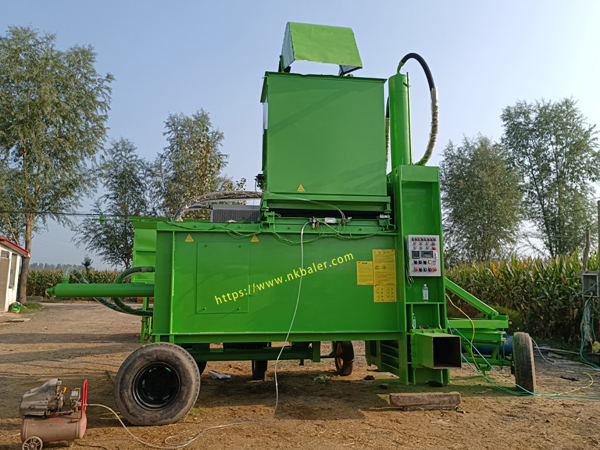Establishing and strictly implementing a preventative maintenance plan is far more economical and effective than emergency repairs after a failure. This includes daily inspections (e.g., lubrication points, abnormal noises), weekly inspections (e.g., fasteners, oil levels), monthly inspections, and annual major maintenance. Operator training also falls under the broad category of maintenance; standardized operation can greatly reduce human-caused damage to equipment. Therefore, managers should consider: "Have we established an executable and traceable maintenance process, and have we stocked the necessary spare parts?" This is the institutional guarantee for the long-term healthy operation of equipment.

Therefore, selecting a waste paper baler is a systematic project. Potential buyers should ask themselves: "Given my specific operational scenario and budget, which performance metrics are the 'red lines' that must be prioritized, and which can be compromised?" Clearly defining the priorities is key to finding the best match.

In addition to regular maintenance, establishing a maintenance record system is extremely important. Record the time, content, any abnormalities found, and the handling measures for each maintenance. This not only creates a clear maintenance history but also helps predict the replacement cycle of parts (such as seals and filters), enabling preventative maintenance. When common problems such as unstable weighing or inaccurate bagging occur, maintenance records can help technicians quickly locate the problem. For example, unstable weighing may be due to dust affecting the sensor or mechanical contact; inaccurate bagging may be due to dirty photoelectric switches or misalignment of the robotic arm. Only through careful daily maintenance can the sawdust bagging machine become a reliable and hardworking partner on the production line.

Nick Baler's sawdust bagging machine offer a high-efficiency solution for compressing, bagging, and sealing lightweight, loose materials, including agricultural waste, sawdust, wood shavings, textiles, fibers, wipers, and biomass waste. By converting loose materials into compact, easy-to-handle bags, these machines ensure efficient storage, improved cleanliness, and minimized material loss.

Nick Baler's waste paper and cardboard balers deliver high-efficiency compression and bundling for various recyclable materials,including corrugated cardboard (OCC),newspaper,mixed paper,magazines,office paper,and industrial cardboard.These robust baling systems enable logistics centers,waste management operators,and packaging companies to significantly reduce waste volume while enhancing workflow productivity and lowering logistics expenses.

Email:info@nkbaler.com Nickbaler888@gmail.com
WhatsApp: 008615021631102

